
Nuku'alofa: The Heart of Tonga
Nuku'alofa, the capital of Tonga, is a charming city that offers visitors a unique blend of tradition and natural beauty. Situated on the north coast of the island Tongatapu, it is a place where you can experience the true essence of Polynesian culture. The city is known for its friendly locals, who are always ready to greet you with a warm smile and a heartfelt 'Malo e lelei'. One of the city's highlights is the Royal Palace, a grand wooden structure that serves as the official residence of the King of Tonga. Although visitors cannot enter the palace, its stunning architecture and scenic surroundings make it a must-see. Nearby, you'll find the Royal Tombs, where the Tongan royalty are laid to rest, offering a glimpse into the country’s rich history. For those who love the outdoors, Nuku'alofa does not disappoint. The city is surrounded by beautiful beaches and clear blue waters, perfect for swimming, snorkeling, and diving. The nearby Ha'amonga 'a Maui Trilithon, often referred to as the 'Stonehenge of the Pacific', is another fascinating site. This ancient stone structure is shrouded in mystery and offers a fantastic spot for photos. Nuku'alofa is also a great place to experience traditional Tongan cuisine. From fresh seafood to delicious tropical fruits, the local markets are brimming with flavors that will tantalize your taste buds. Be sure to try 'Ota ika', a Tongan raw fish salad, and 'Lupulu', a dish made from taro leaves and corned beef. Whether you are interested in history, culture, or natural beauty, Nuku'alofa has something for every traveler. Its laid-back atmosphere and unique attractions make it a perfect destination for those looking to explore the heart of Tonga.
Local tips in Nuku'alofa
- Visit the local markets early in the morning to catch the freshest produce and seafood.
- Bring cash, as many small vendors and markets do not accept credit cards.
- Dress modestly, especially when visiting religious sites and attending ceremonies.
- Consider hiring a local guide for a more in-depth understanding of Tongan culture and history.
- Respect local customs and traditions, such as removing your shoes before entering someone's home.
Nuku'alofa: The Heart of Tonga
Nuku'alofa, the capital of Tonga, is a charming city that offers visitors a unique blend of tradition and natural beauty. Situated on the north coast of the island Tongatapu, it is a place where you can experience the true essence of Polynesian culture. The city is known for its friendly locals, who are always ready to greet you with a warm smile and a heartfelt 'Malo e lelei'. One of the city's highlights is the Royal Palace, a grand wooden structure that serves as the official residence of the King of Tonga. Although visitors cannot enter the palace, its stunning architecture and scenic surroundings make it a must-see. Nearby, you'll find the Royal Tombs, where the Tongan royalty are laid to rest, offering a glimpse into the country’s rich history. For those who love the outdoors, Nuku'alofa does not disappoint. The city is surrounded by beautiful beaches and clear blue waters, perfect for swimming, snorkeling, and diving. The nearby Ha'amonga 'a Maui Trilithon, often referred to as the 'Stonehenge of the Pacific', is another fascinating site. This ancient stone structure is shrouded in mystery and offers a fantastic spot for photos. Nuku'alofa is also a great place to experience traditional Tongan cuisine. From fresh seafood to delicious tropical fruits, the local markets are brimming with flavors that will tantalize your taste buds. Be sure to try 'Ota ika', a Tongan raw fish salad, and 'Lupulu', a dish made from taro leaves and corned beef. Whether you are interested in history, culture, or natural beauty, Nuku'alofa has something for every traveler. Its laid-back atmosphere and unique attractions make it a perfect destination for those looking to explore the heart of Tonga.
When is the best time to go to Nuku'alofa?
Iconic landmarks you can’t miss
Coffee Post
Discover the authentic flavors of Tonga at Coffee Post in Maufanga, Nuku'alofa, where every sip tells a story of island life.
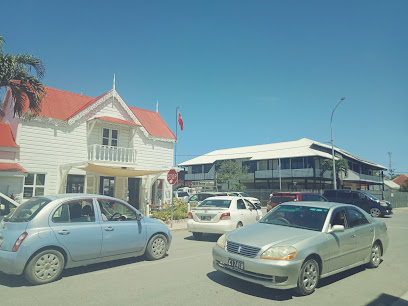
Mapu'a Vaea Blowholes
Witness the incredible Mapu'a Vaea Blowholes in Houma, where nature's power meets breathtaking coastal beauty, perfect for adventurers and photographers alike.
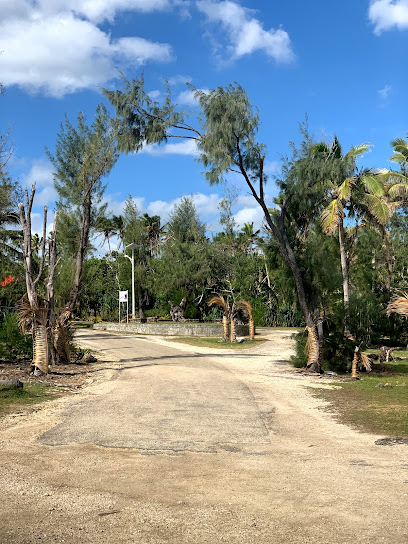
Little Italy Hotel
Discover Little Italy Hotel in Nuku'alofa – a perfect blend of comfort and exquisite dining, offering a memorable stay in Tonga's beautiful capital.

Royal Palace of Tonga
Discover the Royal Palace of Tonga, a historical landmark showcasing the rich heritage and royal traditions of the Tongan monarchy amidst stunning gardens.
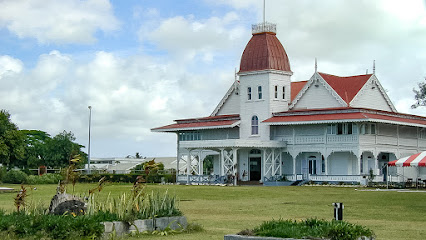
Friends Cafe
Experience the warmth of Tongan hospitality at Friends Cafe in Nuku'alofa, where delicious food and a cozy atmosphere await travelers.
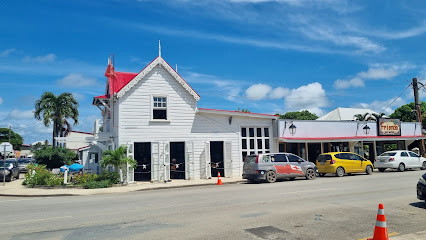
Anahulu Cave
Explore the magical Anahulu Cave in Haveluliku, Tonga, where natural beauty meets adventure and cultural significance.
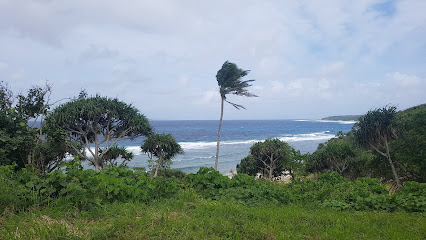
Cafe Escape
Discover the flavors of Tonga at Cafe Escape, a culinary haven in Nuku'alofa offering a delightful mix of local and international cuisine.
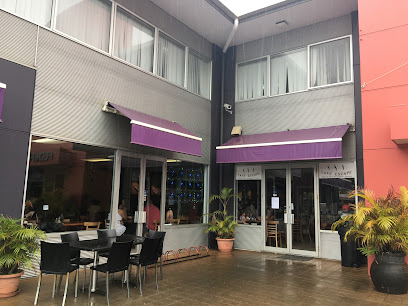
Billfish Bar and Restaurant
Experience the vibrant atmosphere and delicious local flavors at Billfish Bar and Restaurant in the heart of Nuku'alofa, Tonga.
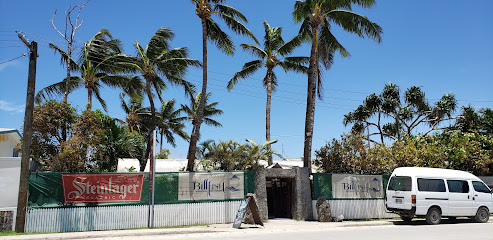
Marco's Pizza Pasta
Discover the best of local cuisine at Marco's Pizza Pasta, offering a delightful blend of traditional and modern flavors in Nuku'alofa.
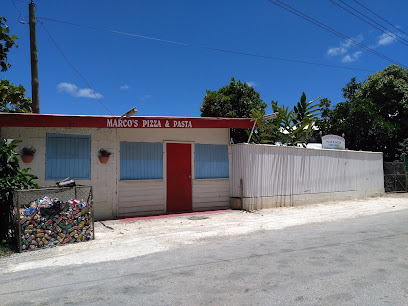
Royal Tombs
Discover the Royal Tombs of Nuku'alofa, a historical landmark that unveils the rich heritage and royal legacy of Tonga amidst stunning landscapes.
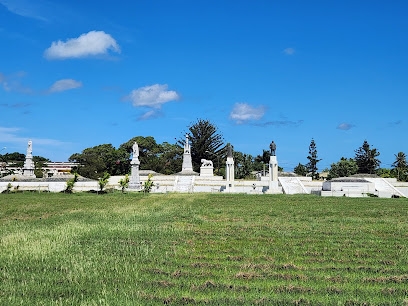
Seaview Lodge
Discover tranquility and stunning ocean views at Seaview Lodge, your perfect base for exploring Nuku'alofa, Tonga's vibrant capital.

Chef Zero Restaurant
Experience Tongan culinary excellence at Chef Zero Restaurant in Nuku'alofa, where every dish tells a story of tradition and flavor.
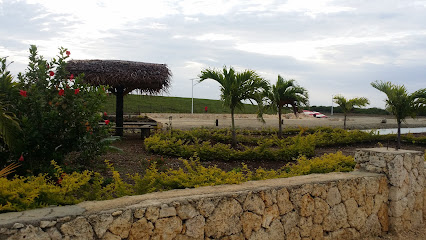
Waterfront Lodge
Discover tranquility and breathtaking ocean views at Waterfront Lodge in Nuku'alofa, your perfect base for exploring the beauty of Tonga.

Tsunami Rock
Explore Tsunami Rock, a captivating natural attraction in Kala'au, offering stunning views, rich cultural history, and a serene escape into nature.
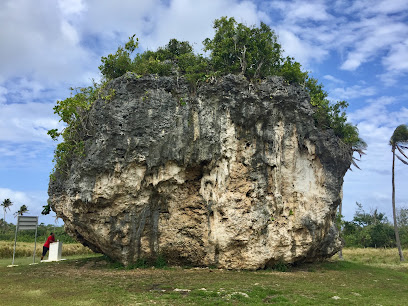
The TOP Restaurant and Lounge
Experience the flavors of Tonga at The TOP Restaurant and Lounge, where local meets international in a stunning setting.
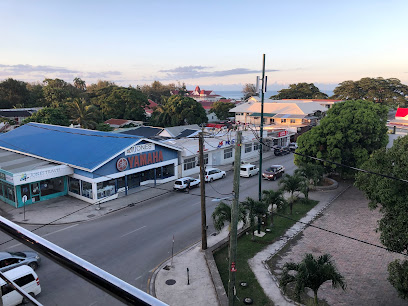
Unmissable attractions to see
Mapu'a Vaea Blowholes
Discover the breathtaking spectacle of Mapu'a Vaea Blowholes, where ocean waves create stunning geysers amidst Tongan natural beauty.
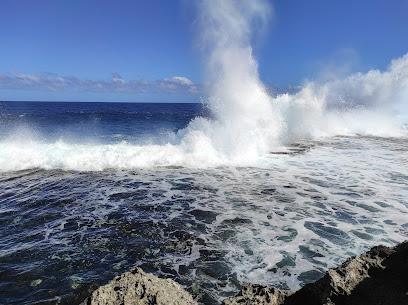
Anahulu Cave
Explore the enchanting Anahulu Cave in Haveluliku, a stunning natural wonder with crystal-clear waters and rich geological formations.
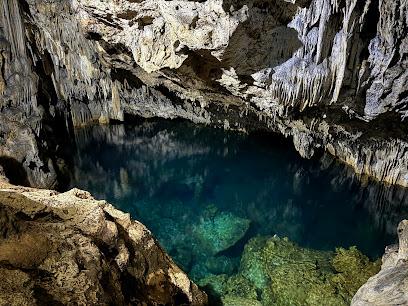
Royal Palace Of Tonga
Experience the cultural heritage and architectural beauty of the Royal Palace of Tonga, a must-visit landmark in Nuku'alofa.
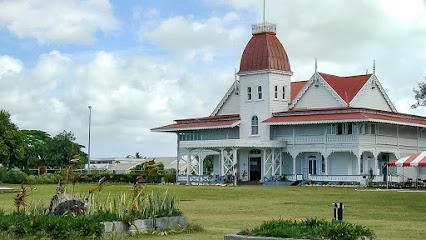
Royal Tombs
Discover the Royal Tombs of Nuku'alofa, a sacred site steeped in Tongan history and culture, where royal legacies come alive amidst serene landscapes.
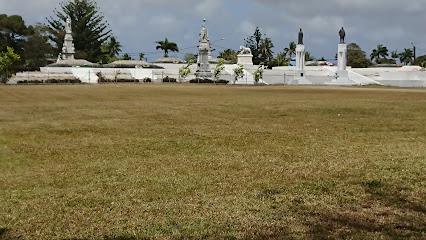
3 Headed Coconut
Explore the 3 Headed Coconut in Matahau, a natural marvel that embodies Tongan culture and offers stunning views in a serene environment.
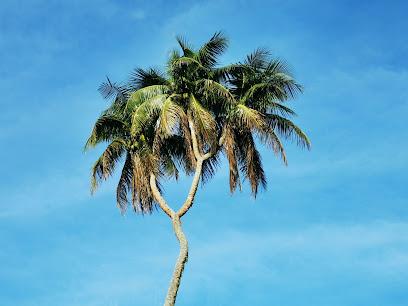
Ha'atafu Beach
Experience the serene beauty of Ha'atafu Beach in Tonga, a perfect escape for sunbathers, snorkelers, and nature lovers alike.
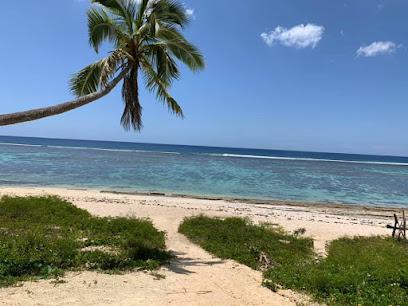
Captain Cook Landing Site
Explore the historic Captain Cook Landing Site in Alaki, Tonga, a blend of stunning scenery and rich cultural heritage.
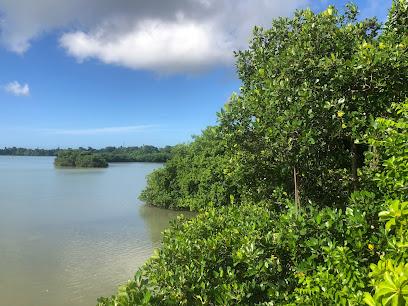
Teta Tours
Explore the beauty of Tonga with Teta Tours - your trusted travel partner for unforgettable adventures in Nuku'alofa.
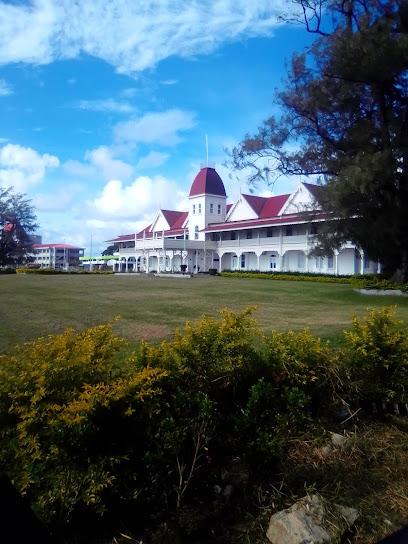
Talamahu Market
Discover the heart of Tonga at Talamahu Market, a vibrant marketplace in Nuku'alofa offering fresh produce, local crafts, and a taste of Tongan culture.
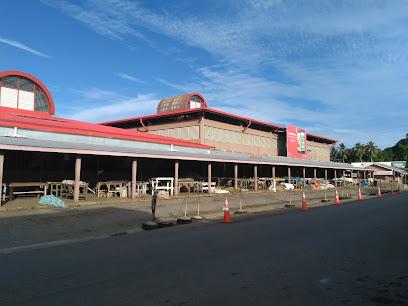
Essential places to dine
Cafe Escape
Discover the culinary charm of Nuku'alofa at Cafe Escape – where local flavors meet delightful ambiance.
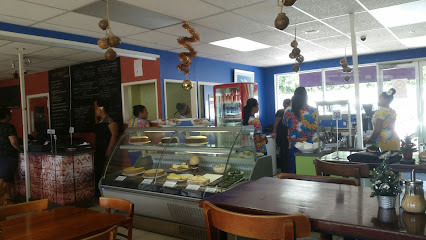
Billfish Bar and Restaurant
Experience authentic Tongan flavors at Billfish Bar and Restaurant in Nuku'alofa - where vibrant cuisine meets warm hospitality.
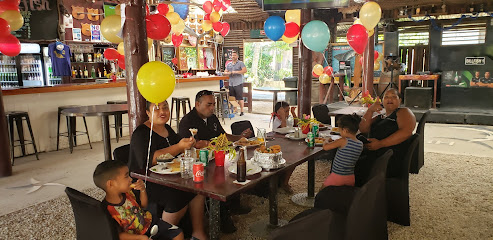
Marco's Pizza Pasta
Experience the taste of Italy in Nuku'alofa at Marco's Pizza Pasta, where every bite tells a delicious story.
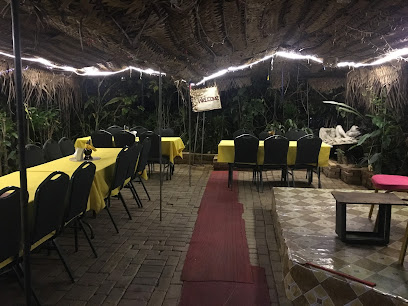
Chef Zero Restaurant
Discover the best of Tongan cuisine at Chef Zero Restaurant in Nuku'alofa—where tradition meets modern culinary artistry.
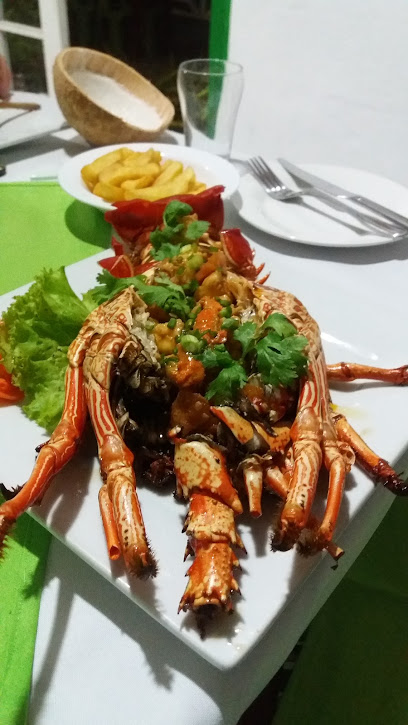
The TOP Restaurant and Lounge
Discover authentic Tongan cuisine with stunning views at The TOP Restaurant and Lounge in Nuku'alofa.
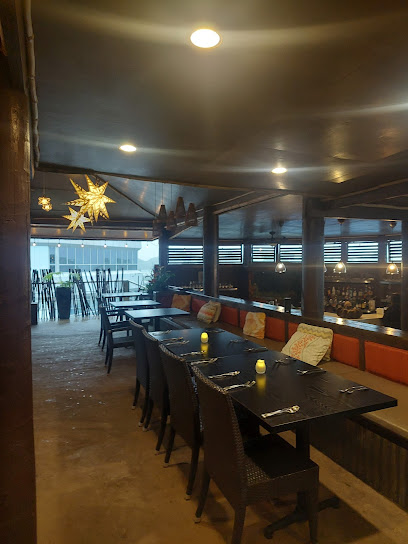
Little Italy Pizzeria Restaurant
Experience authentic Italian cuisine at Little Italy Pizzeria in Nuku'alofa – where every meal feels like a trip to Italy.
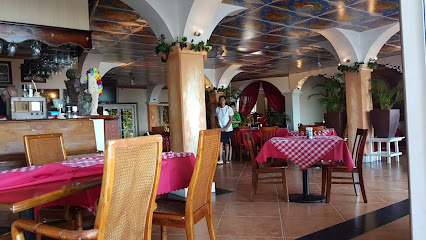
Mum's Cafe Nukualofa
Discover authentic Tongan flavors at Mum's Cafe in Nuku'alofa - where every dish tells a story.
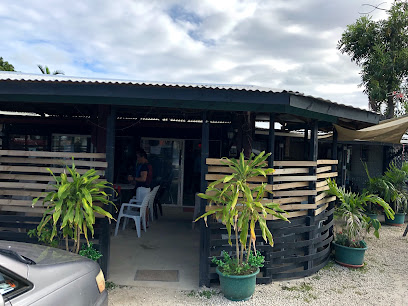
Lunarossa Restaurant
Experience authentic Italian flavors at Lunarossa Restaurant in Nuku'alofa, where every dish is crafted with passion and fresh ingredients.
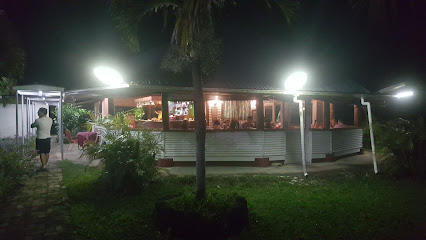
Ngutulei Bar & Restaurant
Discover authentic Tongan cuisine at Ngutulei Bar & Restaurant in Nuku'alofa – where flavor meets culture in a vibrant setting.
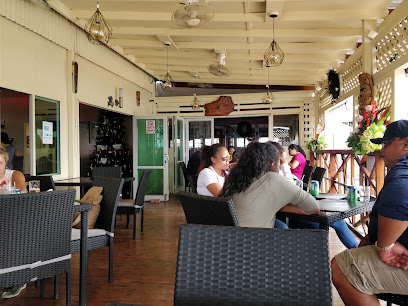
Evergreen Chinese Restaurant
Discover authentic flavors at Evergreen Chinese Restaurant in Nuku'alofa - a culinary haven offering traditional dishes and warm hospitality.
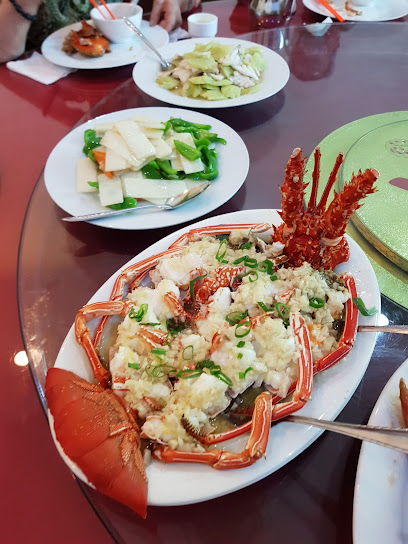
Vietnamese Cafe
Savor authentic Vietnamese dishes in Nuku'alofa's charming cafe known for its warm hospitality and vibrant flavors.
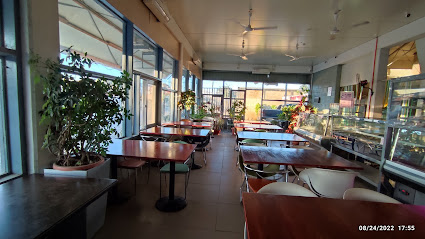
Young’s Kitchen
Discover authentic Tongan cuisine at Young's Kitchen in Nuku'alofa - where flavor meets culture in every dish.
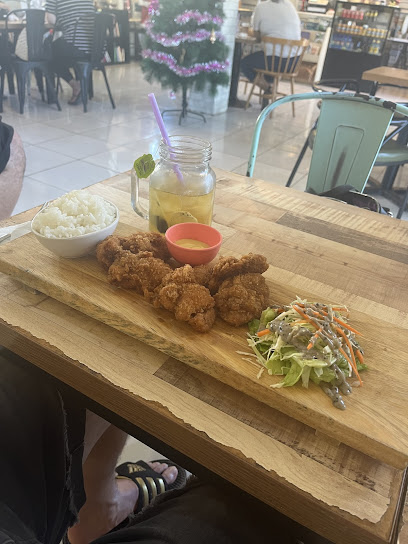
Frangipani - Korean Restaurant/Karaoke
Experience authentic Korean cuisine and vibrant karaoke at Frangipani - the perfect blend of flavor and fun in Nuku'alofa.
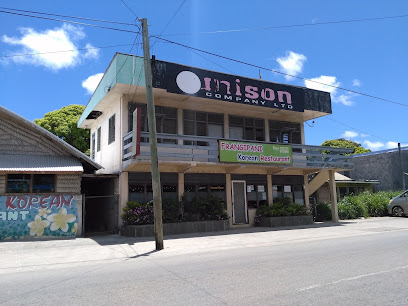
Cottage Breeze Restaurant
Experience authentic Tongan cuisine at Cottage Breeze Restaurant in Nuku'alofa, where fresh ingredients meet breathtaking views.
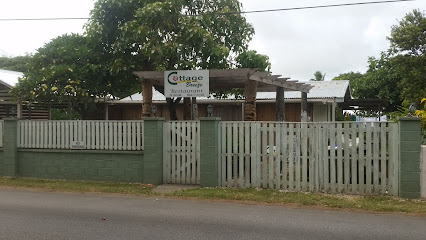
Tropical Taste
Discover authentic Tongan cuisine at Tropical Taste in Nuku'alofa—where every dish tells a story of tradition and flavor.
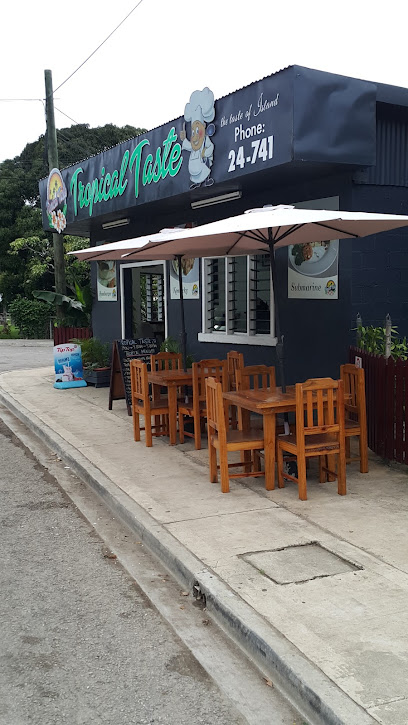
Markets, malls and hidden boutiques
Hiki 'O Tonga
Discover the vibrant shopping experience at Hiki 'O Tonga, where local culture meets contemporary retail in Nuku'alofa.
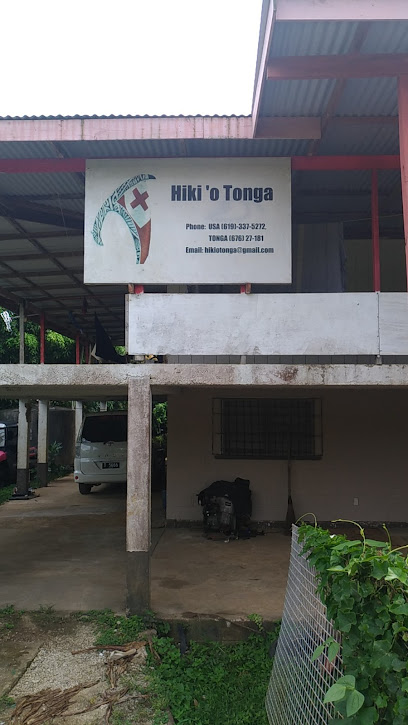
PTH Timber & Hardware
Explore PTH Timber & Hardware, the premier destination for home improvement needs in Nuku'alofa, Tonga, offering tools, materials, and local expertise.
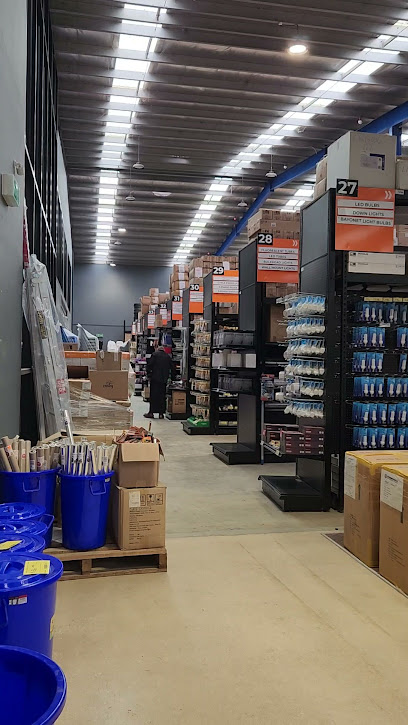
Si'i Kae Ola Supermarket
Explore the flavors of Tonga at Si'i Kae Ola Supermarket, a vibrant hub for fresh produce and local delicacies in Nuku'alofa.
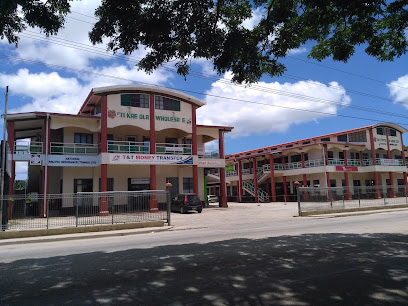
Fortune Star Shopping center
Explore the bustling Fortune Star Shopping Center in Nuku'alofa, where shopping meets local culture and flavors in a vibrant atmosphere.
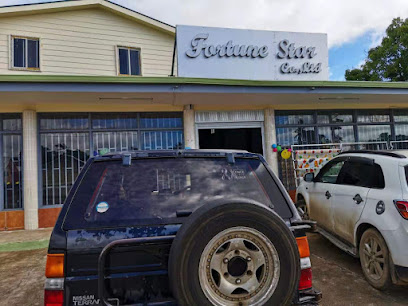
Sunshine minimarket
Experience authentic Tongan culture at Sunshine Minimarket, your go-to grocery store in Nuku'alofa for local flavors and unique finds.
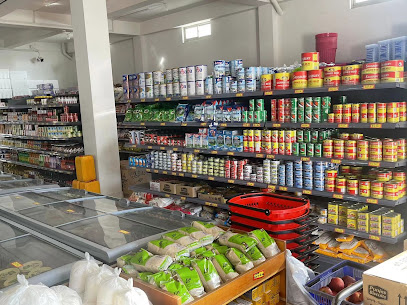
Friendly Island Bookshop
Explore the rich literary culture of Tonga at Friendly Island Bookshop, where every book tells a story waiting to be discovered.
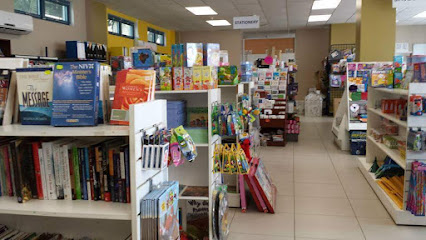
Leiola
Explore Leiola, Nuku'alofa's premier beer store, offering a diverse selection of local and international brews in a welcoming atmosphere.
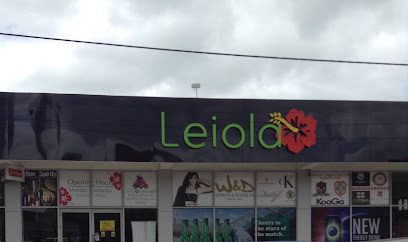
Fakafeta'i Store
Discover the charm of local shopping at Fakafeta'i Store in Nuku'alofa, offering quality goods and a taste of Tongan culture.
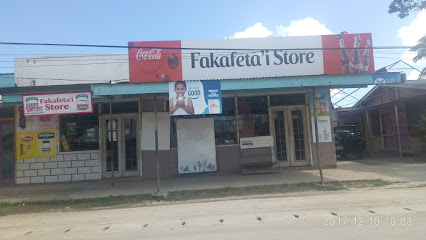
Zeal Tonga
Explore Zeal Tonga, the premier vaporizer store in Nuku'alofa, offering a diverse selection of high-quality vaporizers and accessories.
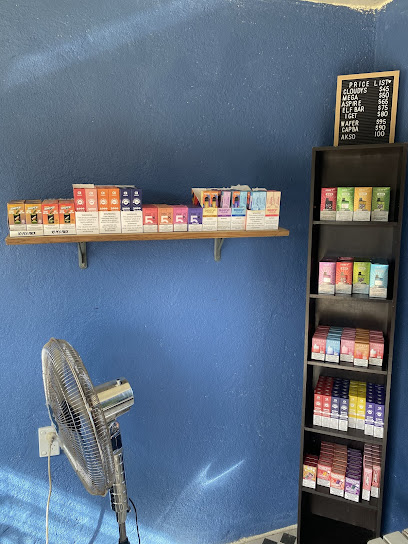
A & A Retailer (Tonga) Ltd
Discover the latest electronics and office supplies at A & A Retailer in Nuku'alofa, the tech hub of Tonga.
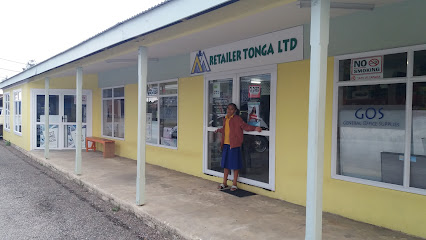
Value City (Tonga) Ltd.
Explore the eclectic second-hand treasures at Value City (Tonga) Ltd. in Nuku'alofa, where every item has a story waiting to be discovered.
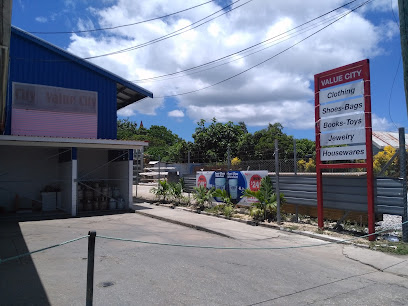
Le-Ata Tonga
Explore the vibrant culture of Tonga through unique clothing and accessories at Le-Ata Tonga in Nuku'alofa.
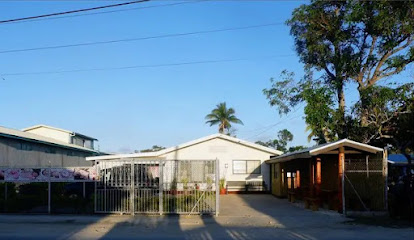
L&G Store
Explore the vibrant world of Tongan fashion at L&G Store in Nuku'alofa, where style meets local culture.
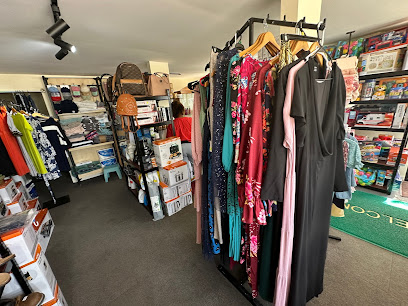
Fehoko Art Creations & The Arts of Tonga
Discover the essence of Tongan culture at Fehoko Art Creations, where vibrant artistry meets traditional craftsmanship in a shopping experience like no other.
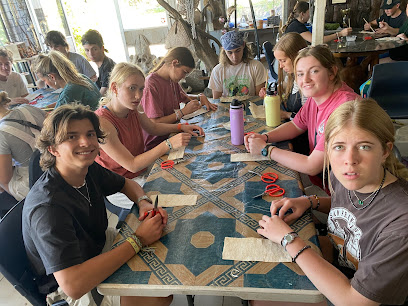
FORTUNE ISLAND SHOPPING CENTER
Discover the heart of Tongan culture at Fortune Island Shopping Center - a vibrant shopping destination in Nuku'alofa.
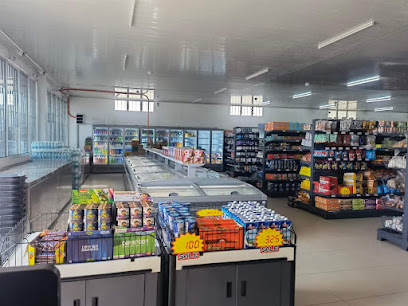
Essential bars & hidden hideouts
Cafe Escape
Discover the flavors of Tonga at Cafe Escape, a cozy restaurant in Nuku'alofa offering fresh, local cuisine in a welcoming atmosphere.
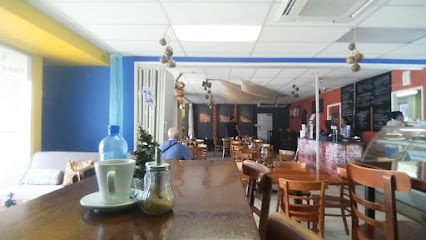
Billfish Bar and Restaurant
Enjoy a vibrant dining experience at Billfish Bar and Restaurant in Nuku'alofa, blending local flavors with a lively atmosphere.
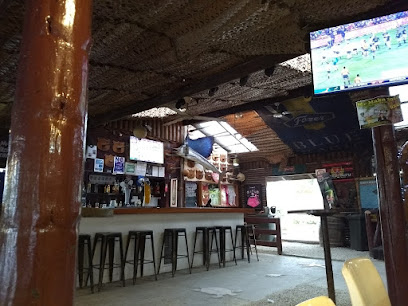
Chef Zero Restaurant
Discover the culinary treasures of Chef Zero Restaurant in Nuku'alofa, where local ingredients meet international flavors for a unique dining experience.
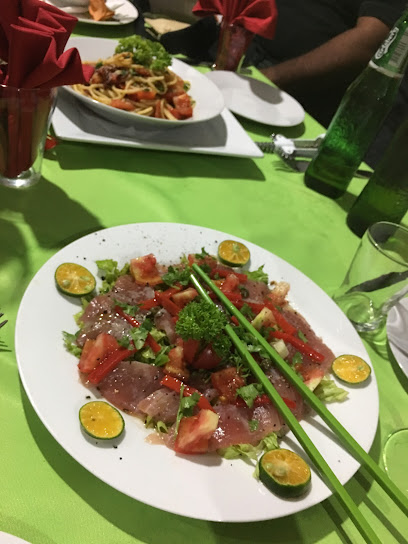
The TOP Restaurant and Lounge
Experience the best of Tongan and international cuisine at The TOP Restaurant and Lounge in Nuku'alofa, where every meal is a celebration of flavor and culture.
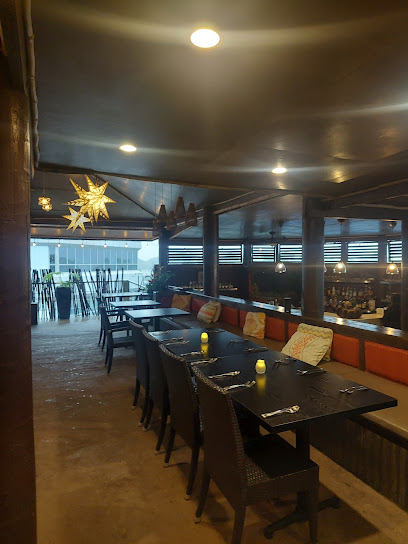
Lunarossa Restaurant
Savor authentic Italian flavors and a cozy atmosphere at Lunarossa Restaurant in Nuku'alofa, a culinary gem for food lovers.
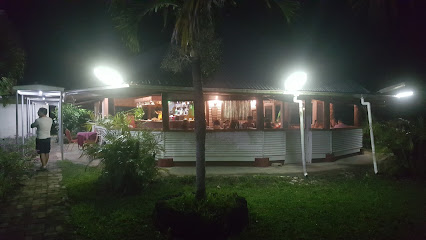
Ngutulei Bar & Restaurant
Experience the vibrant flavors of Tonga at Ngutulei Bar & Restaurant, where local cuisine meets lively ambiance in Nuku'alofa.
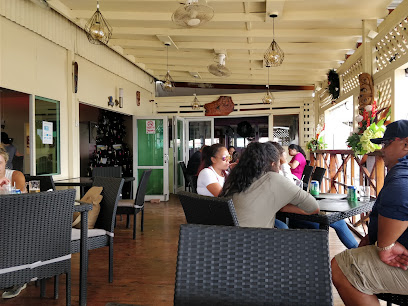
Frangipani - Korean Restaurant/Karaoke
Experience the best of Korean cuisine and karaoke at Frangipani in Nuku'alofa, a vibrant restaurant that delights every visitor.
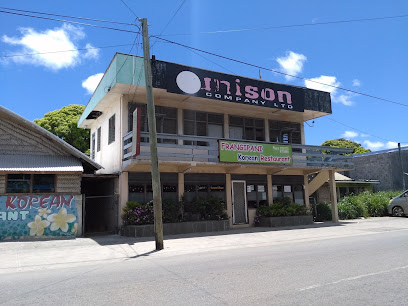
Nauti Ruby's Bar & Restaurant
Discover the flavors of Tonga at Nauti Ruby's Bar & Restaurant, where stunning ocean views meet delicious local cuisine and refreshing cocktails.
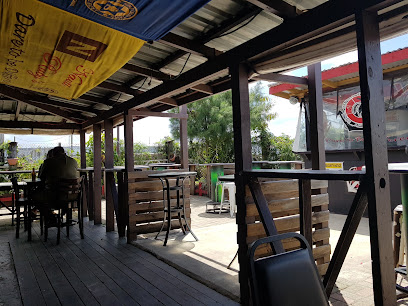
Reload Bar
Discover the vibrant nightlife of Nuku'alofa at Reload Bar, where refreshing drinks and local culture create an unforgettable experience.
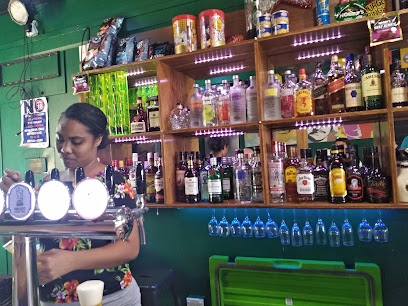
Tali'eva Inn Bar
Experience the vibrant Tongan culture at Tali'eva Inn Bar, a cozy spot for drinks and local hospitality in Nuku'alofa.
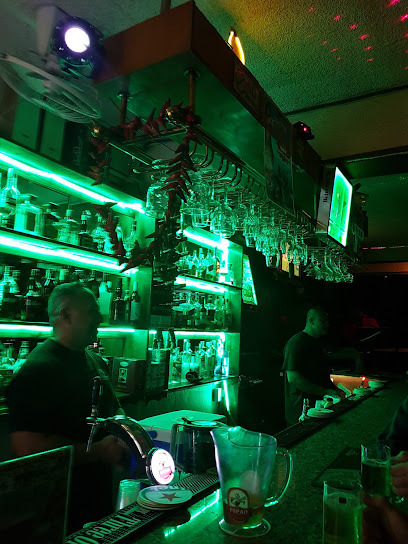
12 Seafood Restaurants
Discover Nuku'alofa's seafood gem, where fresh catches and local flavors unite for an unforgettable dining experience.
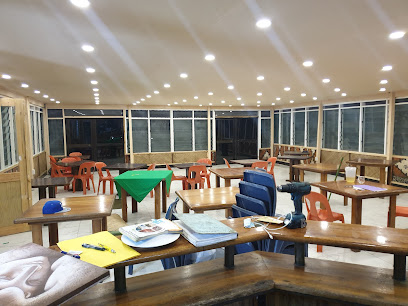
Precious Stone
Discover the exquisite flavors of Tonga at Precious Stone, a must-visit restaurant in Nuku'alofa offering a delightful culinary experience.
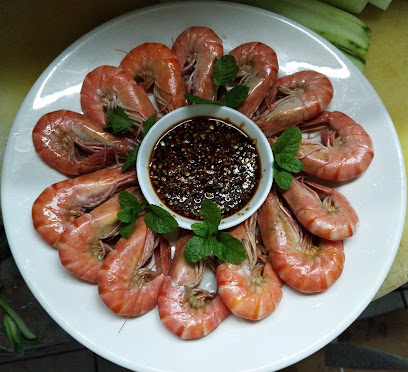
Ifo ifo burger bar
Discover the delicious flavors of Ifo Ifo Burger Bar, where local ingredients meet classic burger bliss in the heart of Nuku'alofa.

Pot Luck Restaurant
Experience the vibrant flavors of Tonga at Pot Luck Restaurant in Nuku'alofa, where tradition meets culinary creativity in a warm and inviting atmosphere.
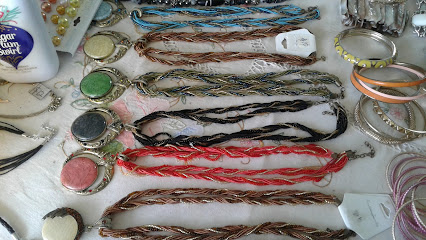
Local Phrases
-
- HelloMalo e lelei
[Mah-loh eh leh-leh] - GoodbyeNofo a
[Noh-foh ah] - YesʻIo
[Ee-oh] - NoʻIkai
[Ee-kai] - Please/You're welcomeFakaʻilonga
[Fah-kah-ee-loh-ngah] - Thank youMālō
[Mah-loh] - Excuse me/SorryFakamolemole
[Fah-kah-moh-leh-moh-leh] - How are you?ʻOku ʻo koe?
[Oh-koo oh koh-eh?] - Fine. And you?Lelei. Pea ʻo ʻoe?
[Leh-leh. Peh-ah oh oh-eh?] - Do you speak English?Ko e u fai ha ʻeiki ha lea faka-pālangi?
[Koh eh ooh fai hah ay-kee hah lay-ah fah-kah-pah-lah-nee?] - I don't understandʻIkai lava
[Ee-kai lah-vah]
- HelloMalo e lelei
-
- I'd like to see the menu, pleaseʻOku ou fiemaʻu ke fakaʻiloa mai ha menu, fakamolemole
[Oh-koo oh fee-eh-mah-oo keh fah-kah-ee-loh-ah my hah meh-noo, fah-kah-moh-leh-moh-leh] - I don't eat meatʻIkai ou ʻalu ai e meʻa
[Ee-kai oh ah-loo ah-ee eh meh-ah] - Cheers!Manuia!
[Mah-noo-yah!] - I would like to pay, pleaseʻOku ou fiemaʻu ke totongi, fakamolemole
[Oh-koo oh fee-eh-mah-oo keh toh-toh-ngi, fah-kah-moh-leh-moh-leh]
- I'd like to see the menu, pleaseʻOku ou fiemaʻu ke fakaʻiloa mai ha menu, fakamolemole
-
- Help!Malō!
[Mah-loh!] - Go away!Fakaafe mai!
[Fah-kah-ah-feh my!] - Call the Police!Fonua ki he Puleʻanga!
[Foh-noo-ah kee heh Poo-leh-ah-ngah!] - Call a doctor!Fonua ki he toka!
[Foh-noo-ah kee heh toh-kah!] - I'm lostKo au ne loto lahi
[Koh ow neh loh-toh lah-hee] - I'm illʻOku ou ʻihe mate
[Oh-koo oh ee-heh mah-teh]
- Help!Malō!
-
- I'd like to buy...ʻOku ou fiemaʻu ke fakatau...
[Oh-koo oh fee-eh-mah-oo keh fah-kah-tow] - I'm just lookingKo au naʻe tanu
[Koh ow nah-eh tah-noo] - How much is it?Ko e u fakatau haʻo?
[Koh eh ooh fah-kah-tow hah-oh?] - That's too expensiveʻOku fakataumai ke hoku
[Oh-koo fah-kah-tow-my keh hoh-koo] - Can you lower the price?Ko e u toe haʻo?
[Koh eh ooh toh-eh hah-oh?]
- I'd like to buy...ʻOku ou fiemaʻu ke fakatau...
-
- What time is it?Koe haʻo te time?
[Koh-eh hah-oh teh teem-eh?] - It's one o'clockKo e tahi
[Koh eh tah-hee] - Half past (10)Hengihengi (ʻumi)
[Heh-ngi-heh-ngi ooh-mee] - MorningFōfō
[Foh-foh] - AfternoonʻAhia
[Ah-hee-ah] - EveningPō
[Poh] - YesterdayʻAhio
[Ah-hee-oh] - TodayʻApi
[Ah-pee] - TomorrowPoʻuli
[Poh-oo-lee] - 1tahi
[tah-hee] - 2ua
[oo-ah] - 3tolu
[toh-loo] - 4fā
[fah] - 5nima
[nee-mah] - 6ono
[oh-no] - 7fitu
[fee-too] - 8valu
[vah-loo] - 9hiva
[hee-vah] - 10ʻumi
[oo-mee]
- What time is it?Koe haʻo te time?
-
- Where's a/the...?Ko e fehē?
[Koh eh feh-heh?] - What's the address?Ko e tuʻa fakaʻilonga?
[Koh eh too-ah fah-kah-ee-loh-ngah?] - Can you show me (on the map)?Ko e u fakamātuʻi au (ki he mapu)?
[Koh eh ooh fah-kah-mah-too-ee ow (kee heh mah-poo)?] - When's the next (bus)?ʻOku hano e taimi haʻo?
[Oh-koo hah-noh eh tah-ee-mee hah-oh?] - A ticket (to ....)Tikite (ki ...)
[Tee-kee-teh (kee ...)]
- Where's a/the...?Ko e fehē?
History of Nuku'alofa
-
Nuku'alofa's history traces back to the early Polynesian settlers known as the Lapita people, who arrived around 1500 BC. These seafaring navigators established the first communities on the islands and are credited with the introduction of intricate pottery designs that are now considered cultural treasures.
-
In 1777, the British explorer Captain James Cook made his third visit to Tonga, landing in Nuku'alofa. Cook's arrival marked one of the earliest recorded European contacts with the region. He named the islands the 'Friendly Islands' due to the warm reception he and his crew received.
-
Nuku'alofa was officially designated as the capital of Tonga in the 19th century under the rule of King George Tupou I. The city became the political and administrative center of the kingdom, cementing its status as the heart of Tongan governance and culture.
-
On May 18, 1900, Tonga signed a Treaty of Friendship with the United Kingdom, which placed Tonga under British protection while allowing it to retain its own monarchy and government. Nuku'alofa played a crucial role as the site of diplomatic negotiations and the signing ceremony.
-
Tonga regained full sovereignty from the British protectorate on June 4, 1970. Nuku'alofa was the epicenter of the independence celebrations, which included traditional feasts, dances, and ceremonies that showcased the rich cultural heritage of the Tongan people.
-
On November 16, 2006, Nuku'alofa was the scene of significant civil unrest, known as the 2006 Nuku'alofa riots. The protests, fueled by calls for democratic reforms, led to widespread damage in the city center. The riots marked a turning point in Tonga's political landscape, eventually leading to greater democratic reforms.
-
In February 2018, Cyclone Gita struck Nuku'alofa, causing extensive damage to homes, infrastructure, and the iconic Royal Palace. The cyclone was one of the most powerful storms to hit Tonga in recent history, prompting a significant international aid response to support recovery efforts.
Nuku'alofa Essentials
-
Nuku'alofa, the capital city of Tonga, is primarily accessed via Fua'amotu International Airport (TBU), which is located about 21 kilometers from the city center. International flights from Auckland, Sydney, and Fiji are common. From the airport, you can take a taxi or arrange for a shuttle service to get to your accommodation in Nuku'alofa. There are also domestic flights from other islands in Tonga if you are traveling within the country.
-
In Nuku'alofa, transportation options include taxis, rental cars, and bicycles. Taxis are readily available and can be hailed on the street or booked through your hotel. Car rentals are available but driving can be challenging due to narrow roads and local driving habits. Bicycles are a popular and eco-friendly way to explore the city. Public buses also operate within the city and to nearby areas, but schedules can be irregular.
-
The official currency in Tonga is the Tongan Paʻanga (TOP). Credit cards are accepted in most hotels, restaurants, and larger shops, but it is advisable to carry cash for smaller establishments and markets. ATMs are available in Nuku'alofa, but it is wise to withdraw enough cash before heading to more remote areas. Currency exchange services are also available in banks and at the airport.
-
Nuku'alofa is generally a safe destination for tourists. However, like any city, it is advisable to take standard precautions. Avoid walking alone at night in unfamiliar areas and keep an eye on your belongings in crowded places. There are no specific neighborhoods with high crime rates targeting tourists, but always stay vigilant and aware of your surroundings.
-
In case of an emergency, dial 911 for immediate assistance. The local police station is located in the city center, and there are several medical facilities available, including Vaiola Hospital. It is recommended to have travel insurance that covers medical emergencies. For minor health issues, pharmacies are available where you can purchase over-the-counter medications.
-
Fashion: Do dress modestly, especially when visiting religious or traditional sites. Avoid wearing revealing clothing. Religion: Do respect local customs and traditions. Remove your shoes when entering homes or churches. Public Transport: Do be respectful and give up your seat to elderly passengers. Don't eat or drink on public transport. Greetings: Do greet people with a friendly 'Malo e lelei' (Hello). A smile and a nod are also appreciated. Eating & Drinking: Do try local delicacies and accept food offerings graciously. Don't refuse hospitality, as it is considered impolite.
-
To experience Nuku'alofa like a local, visit the Talamahu Market where you can buy fresh produce and traditional Tongan goods. Engage with locals, as they are often friendly and willing to share stories about their culture and history. Don't miss visiting the Royal Palace and the Ha'amonga 'a Maui Trilithon. For a unique experience, attend a traditional Tongan feast (umu) and cultural performance, which are often held at various locations around the city.
Nearby Cities to Nuku'alofa
-
Things To Do in Pangai
-
Things To Do in Foa
-
Things To Do in Neiafu
-
Things To Do in Ha'apai
-
Things To Do in Vava'u
-
Things To Do in Kolovai
-
Things To Do in Ha'ano
-
Things To Do in Eua
-
Things To Do in Levuka
-
Things To Do in Nausori
-
Things To Do in Suva
-
Things To Do in Rakiraki
-
Things To Do in Savusavu
-
Things To Do in Sigatoka
-
Things To Do in Labasa





![Otago University, Dunedin] (circa 1879) | Free Photo - rawpixel](https://media.evendo.com/locations-resized/Images/515x380/552490ef-c319-4c3f-b481-927ec9d0d918.jpg)




